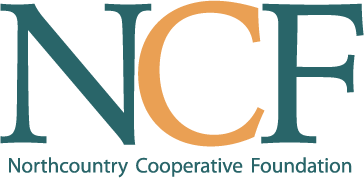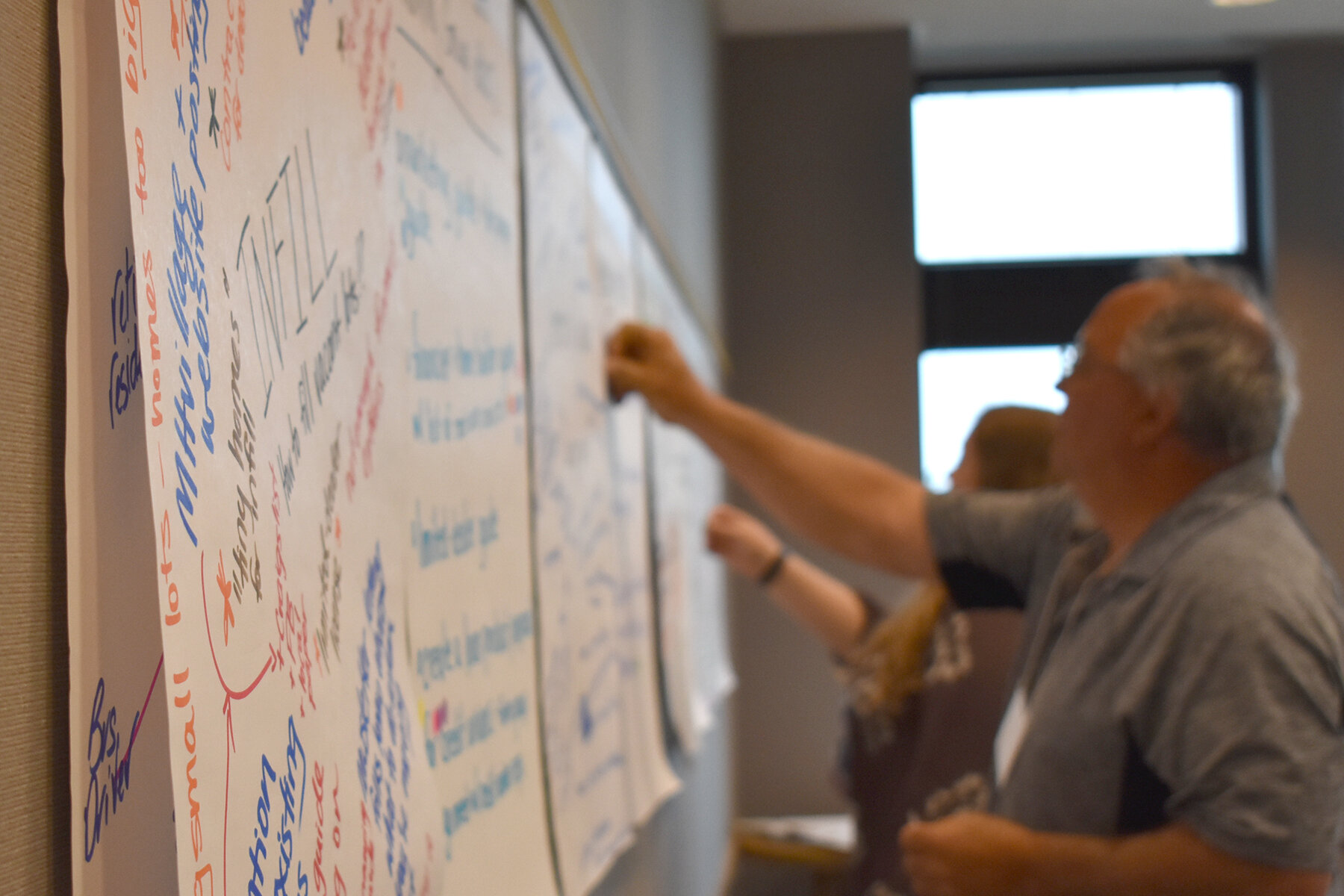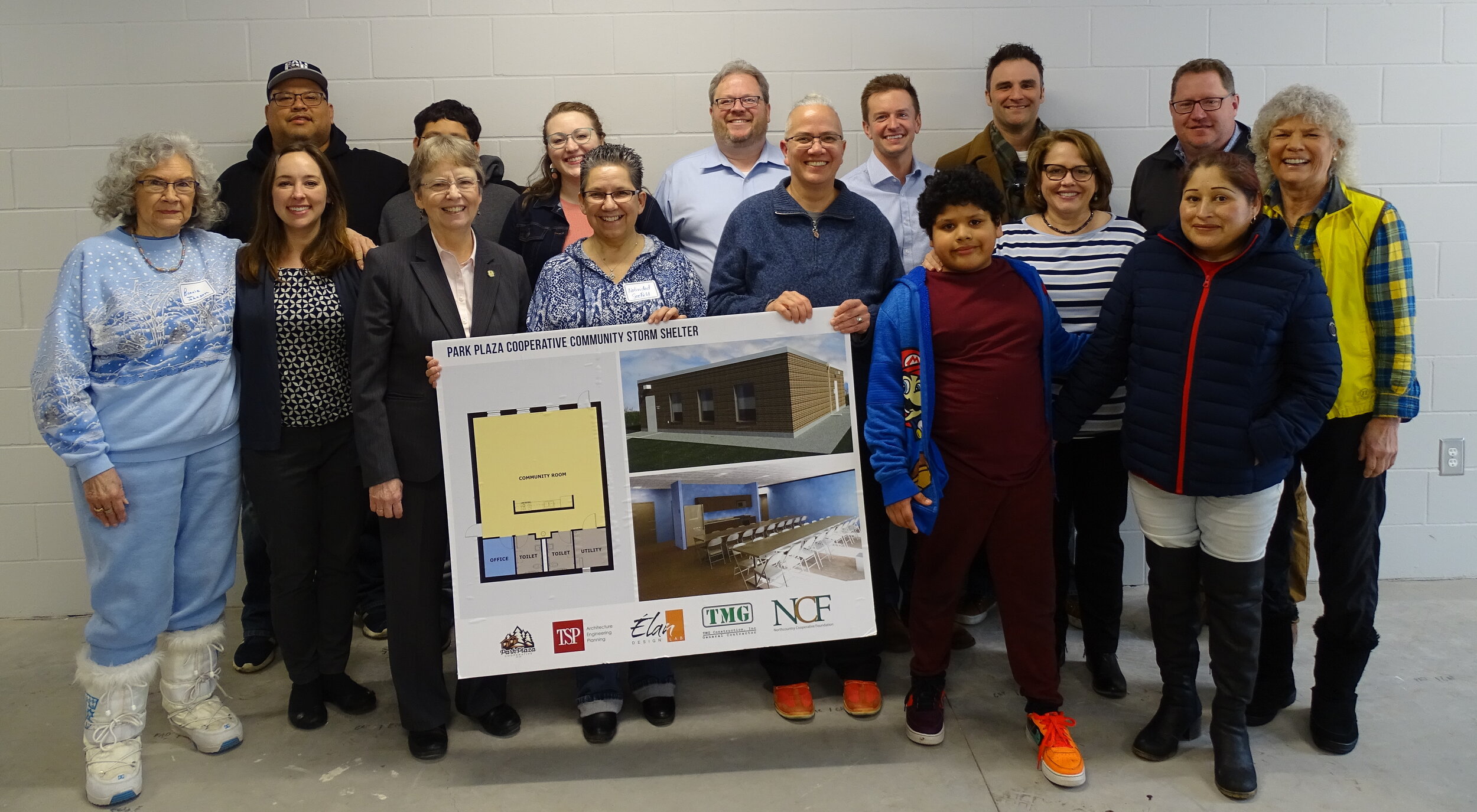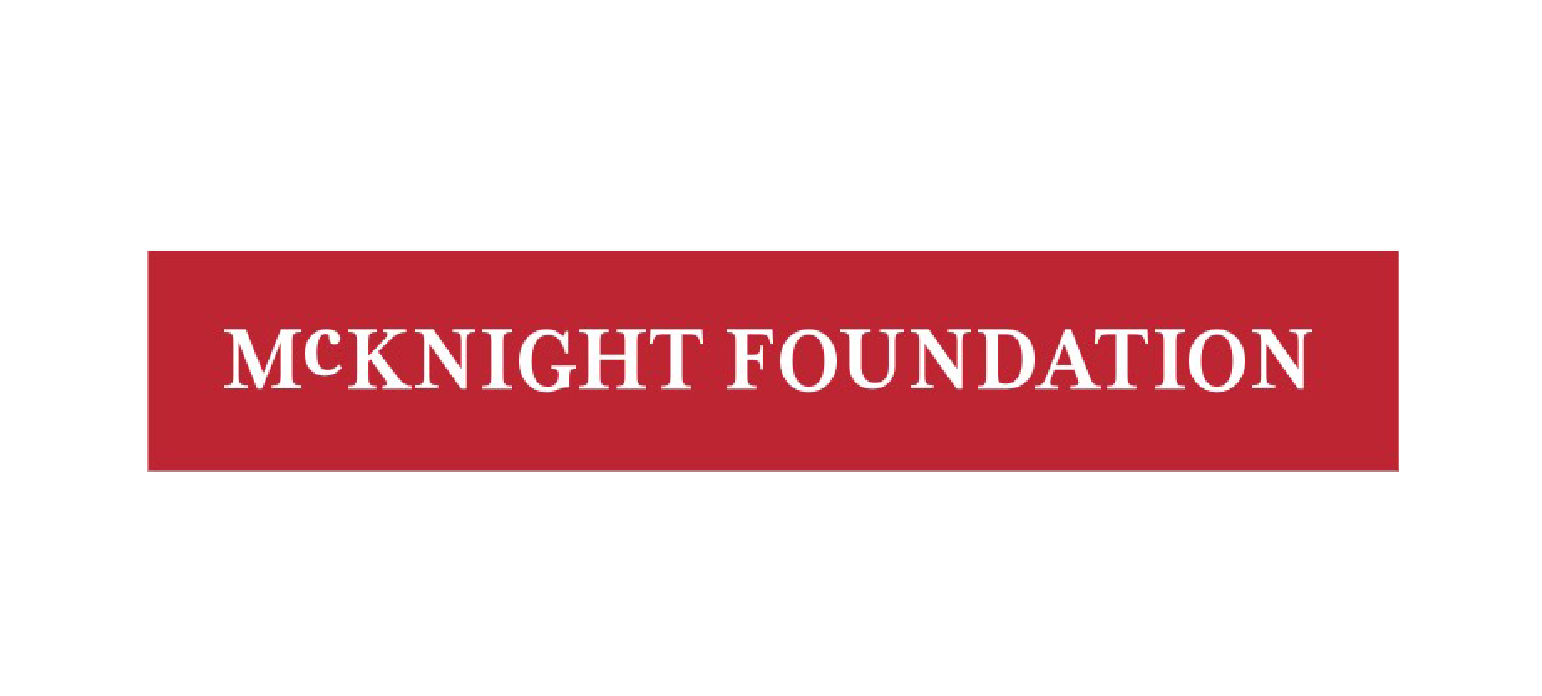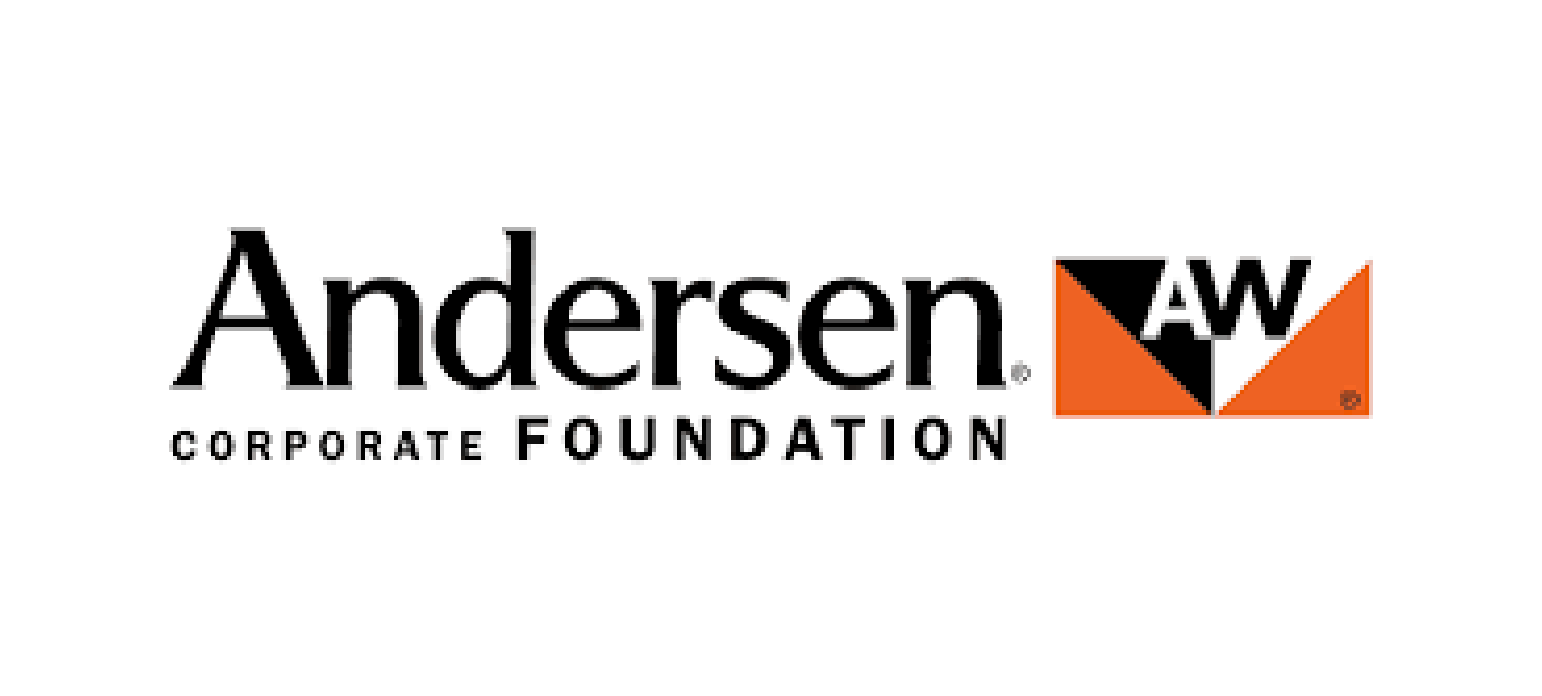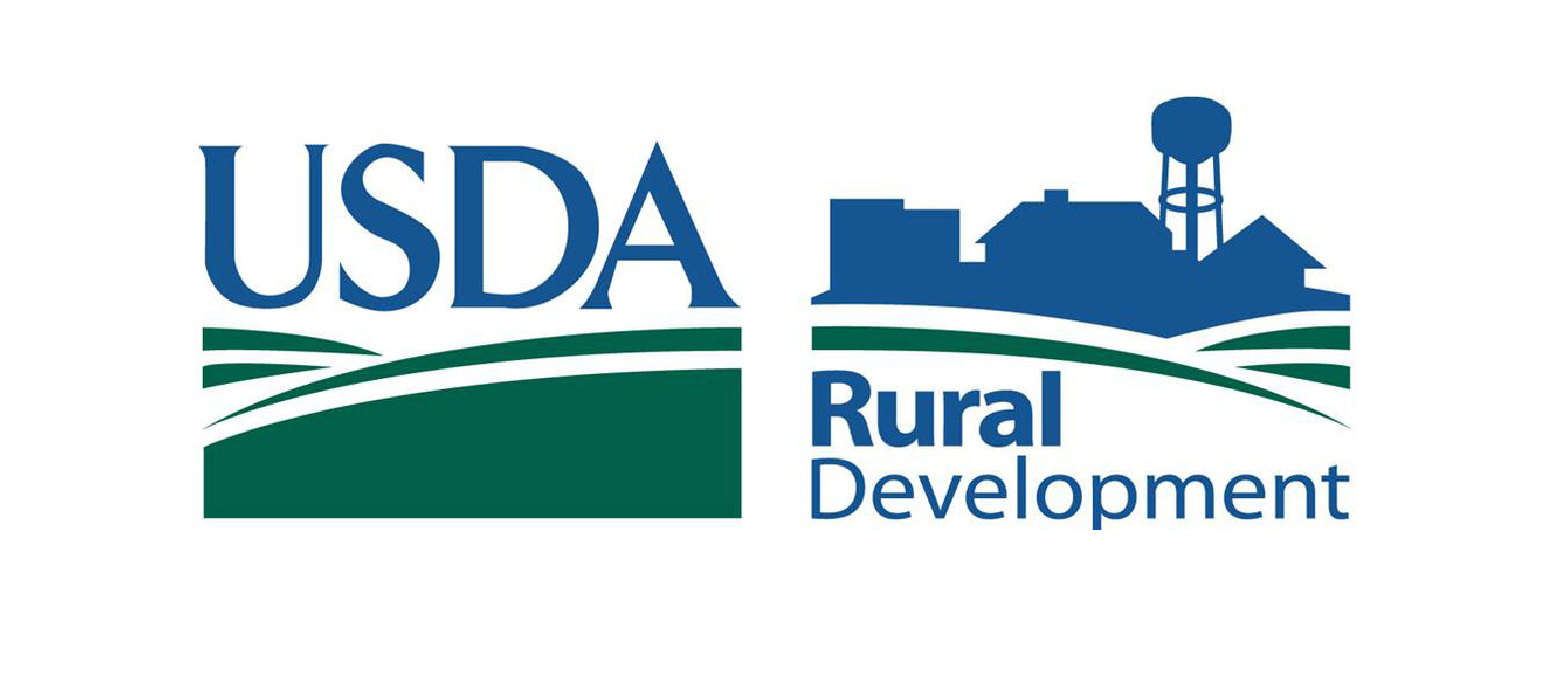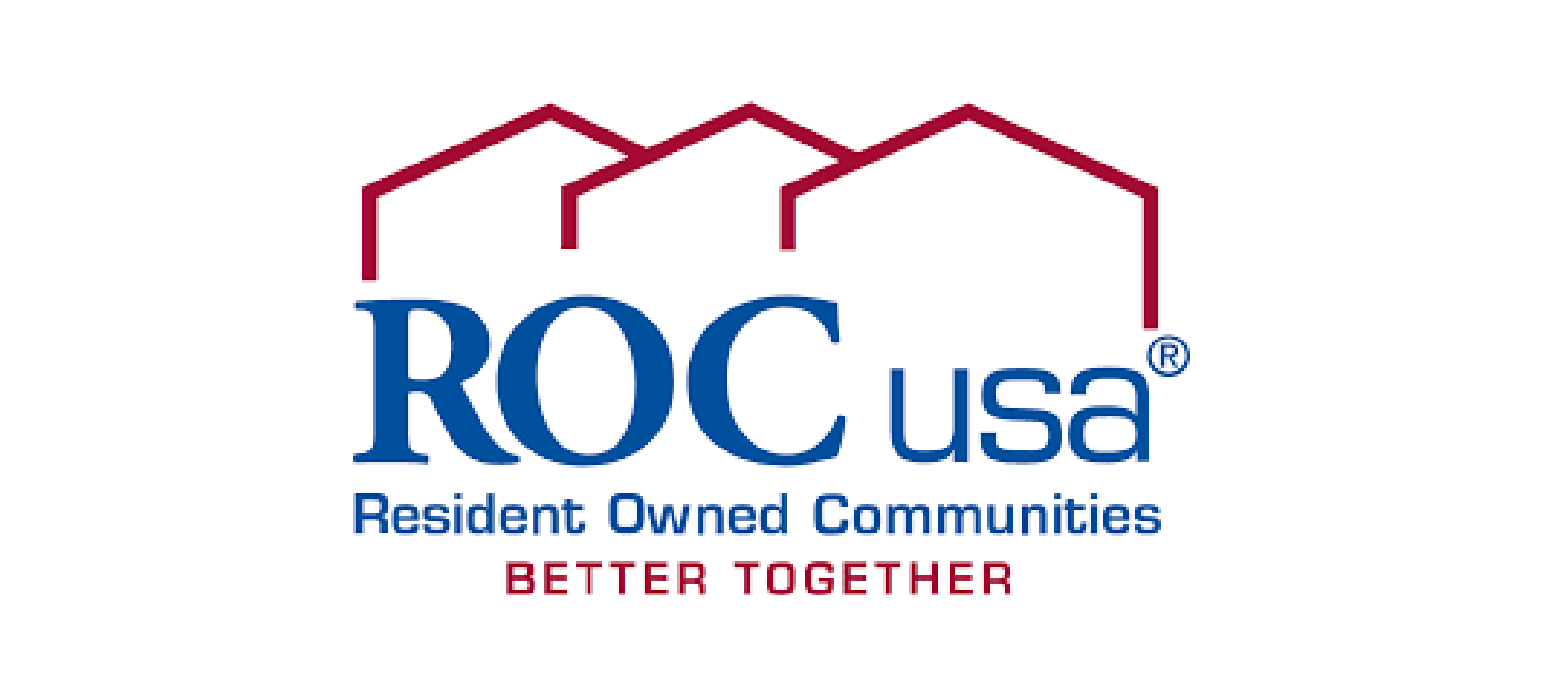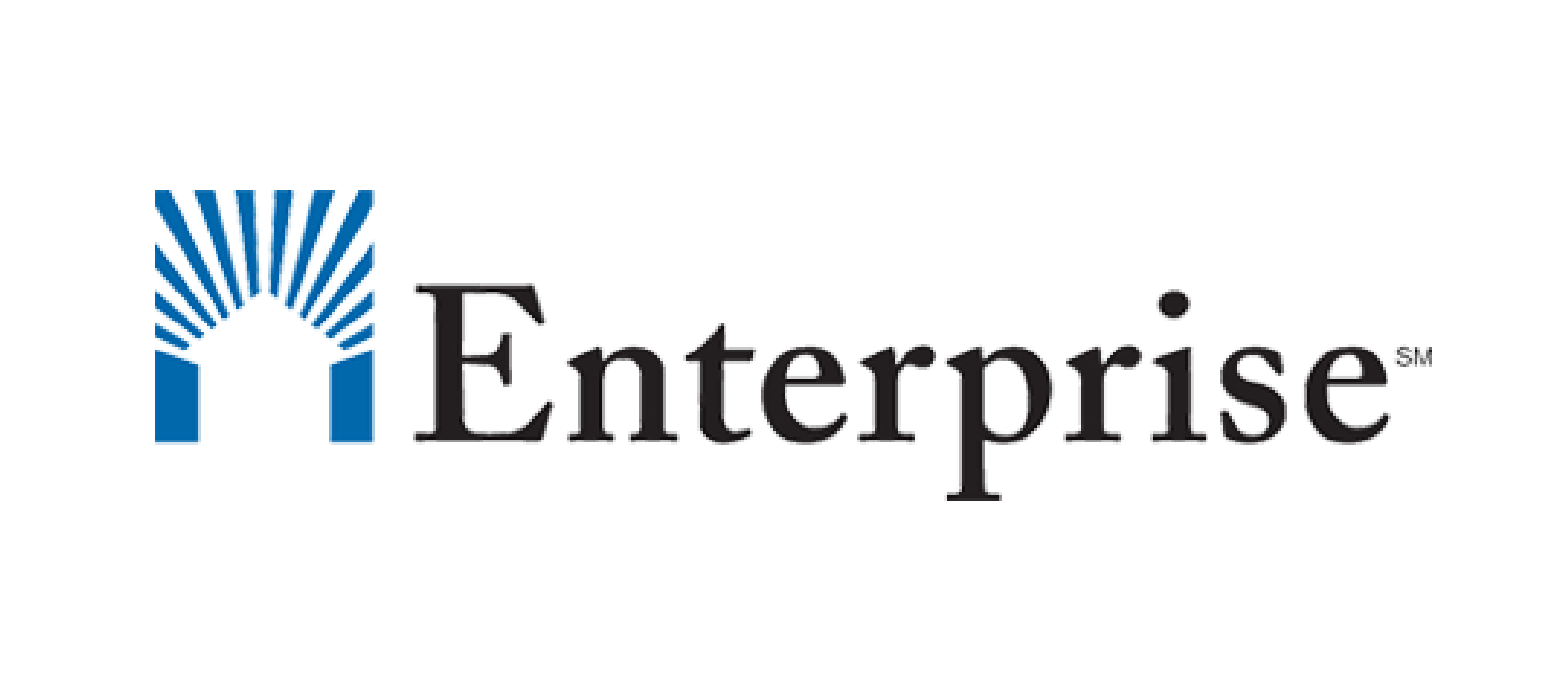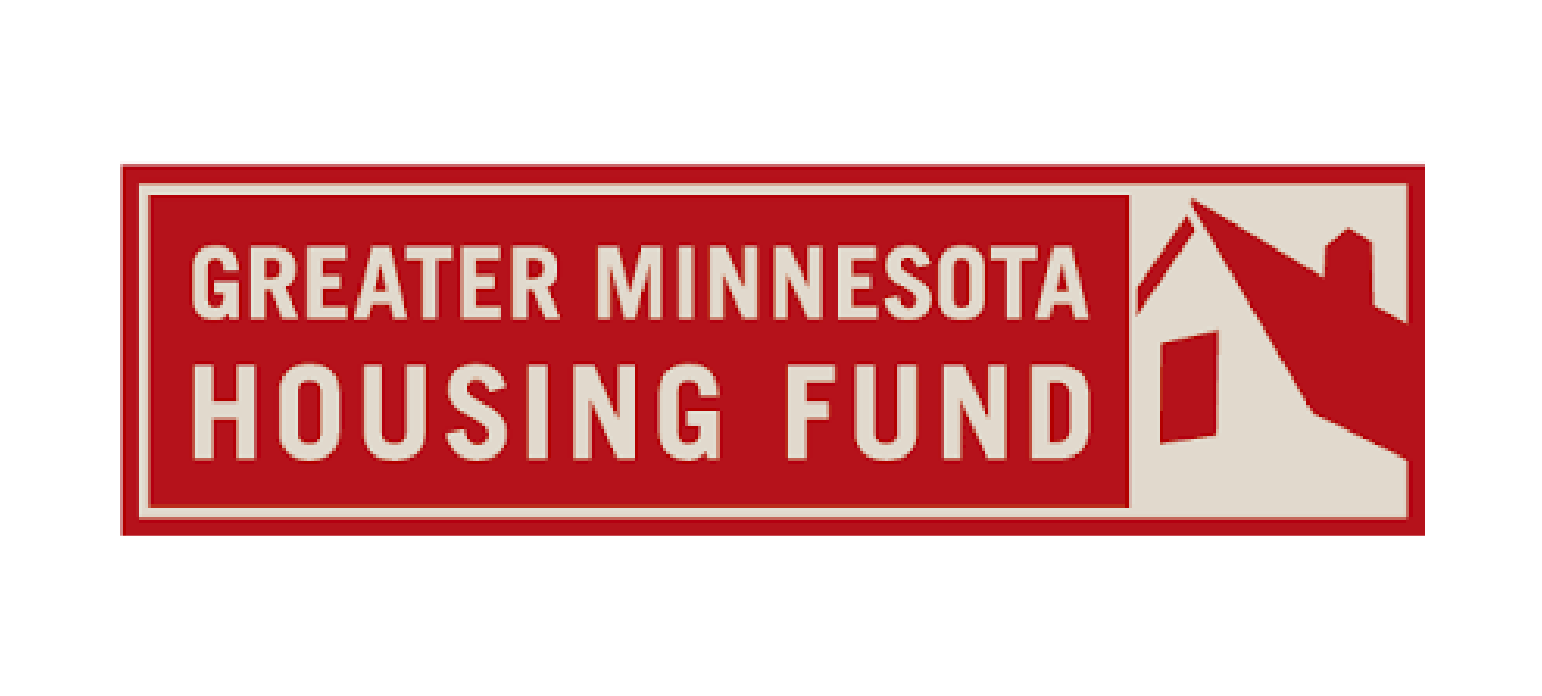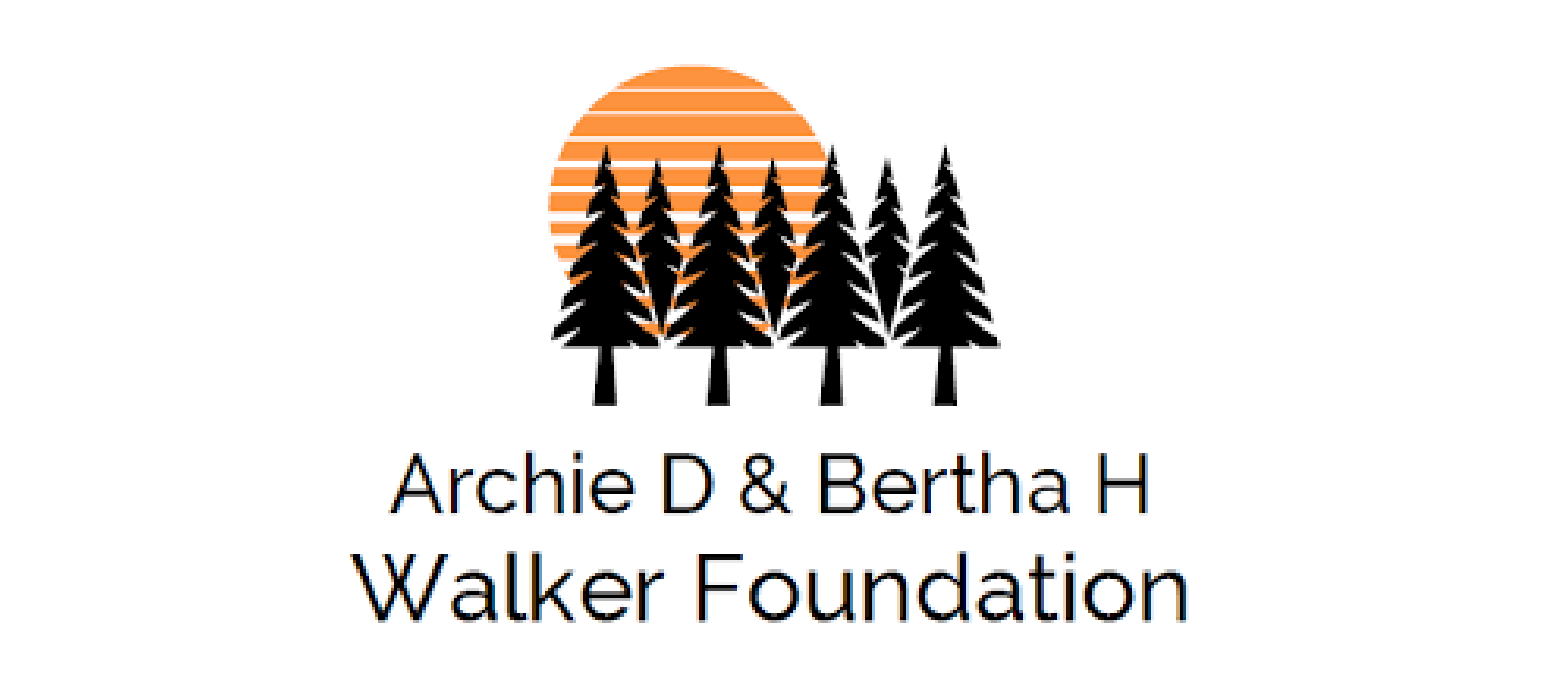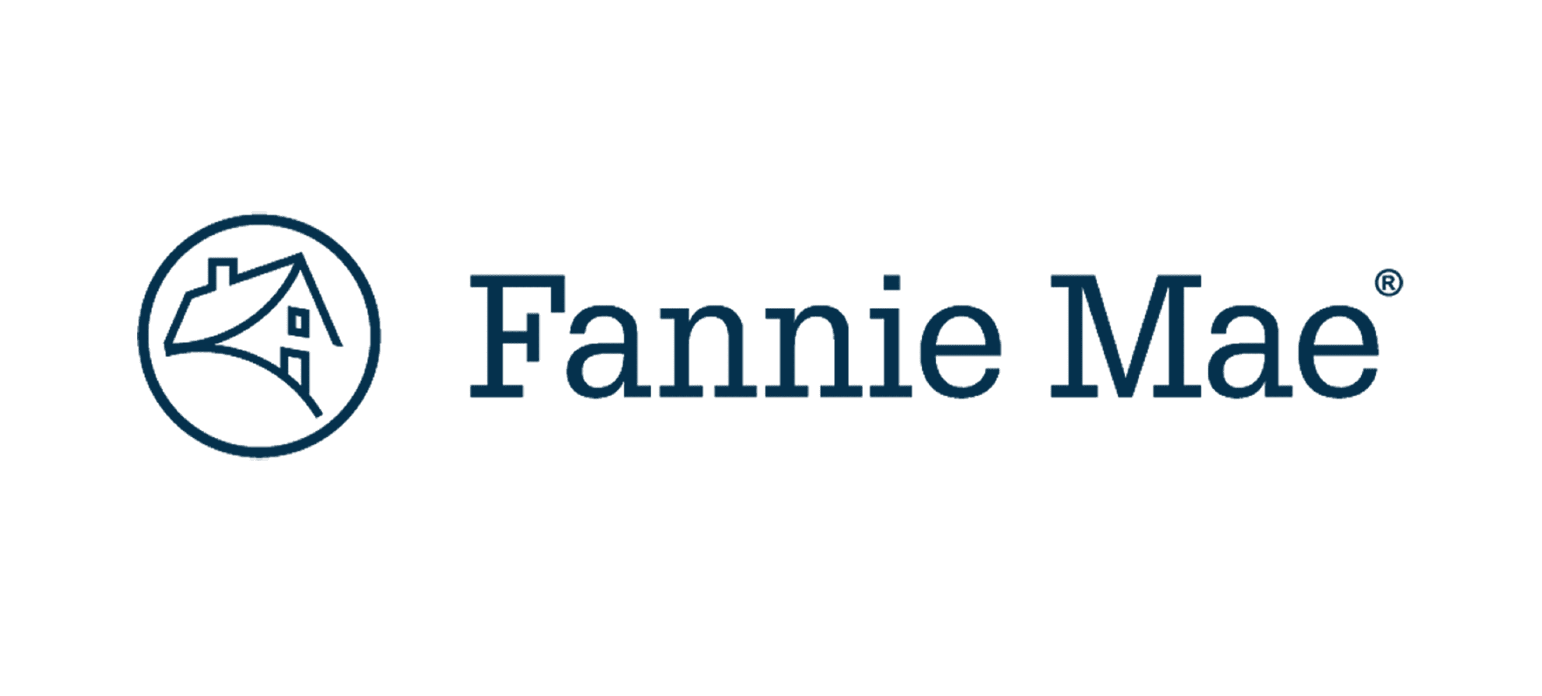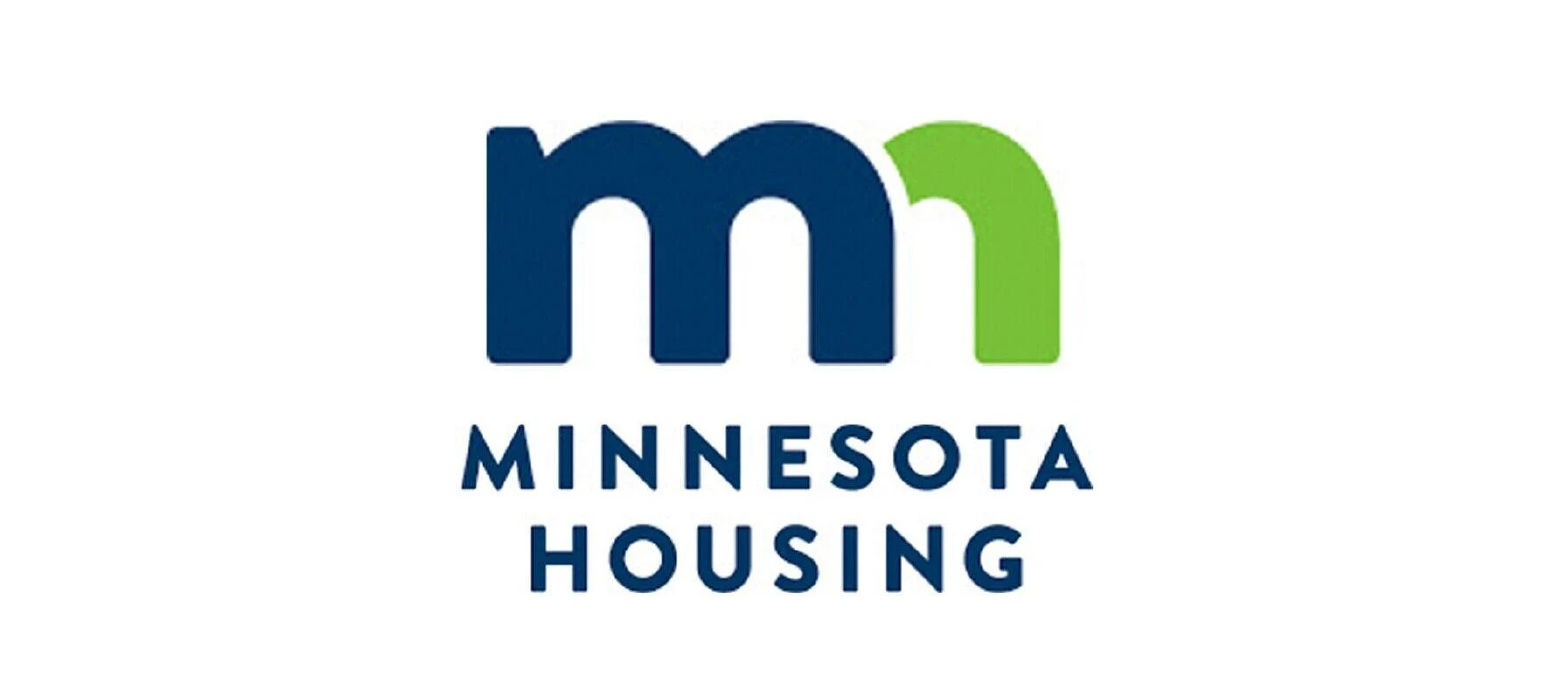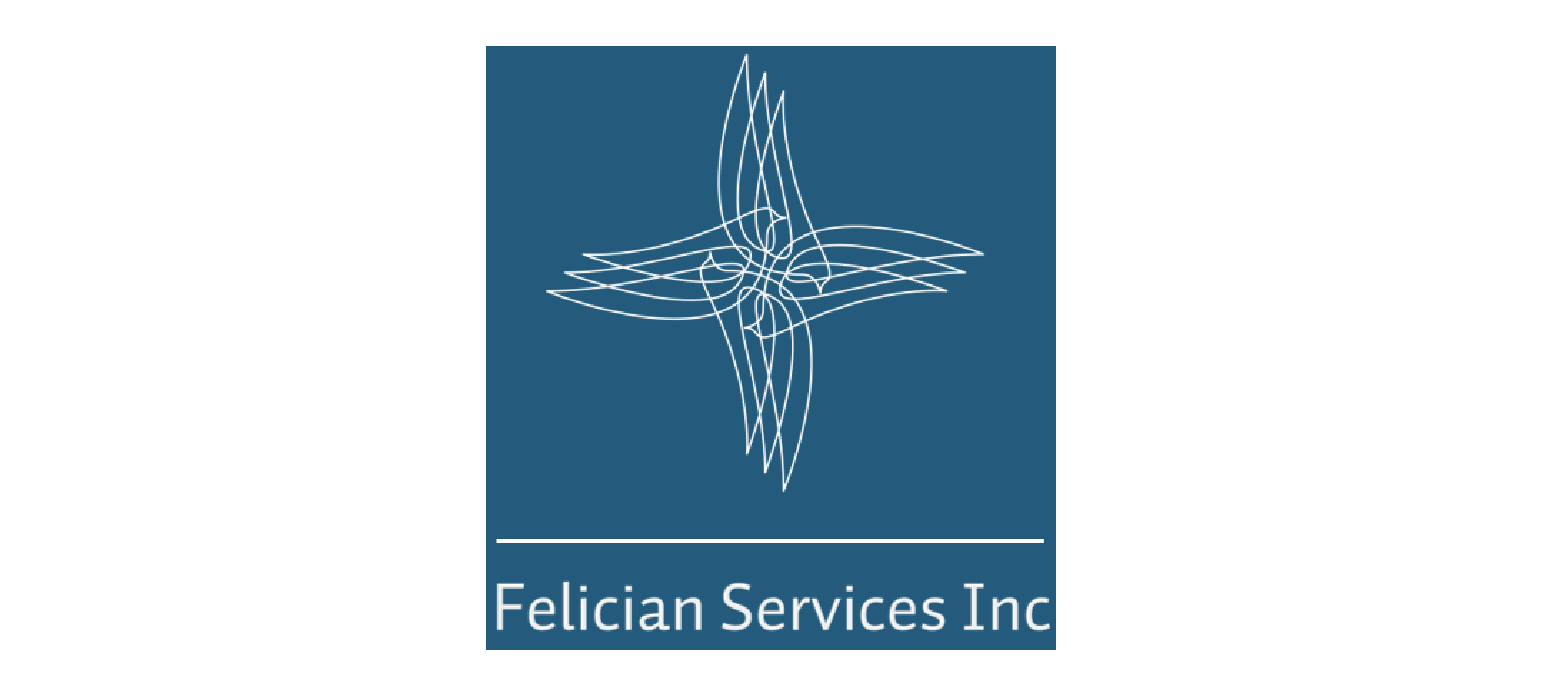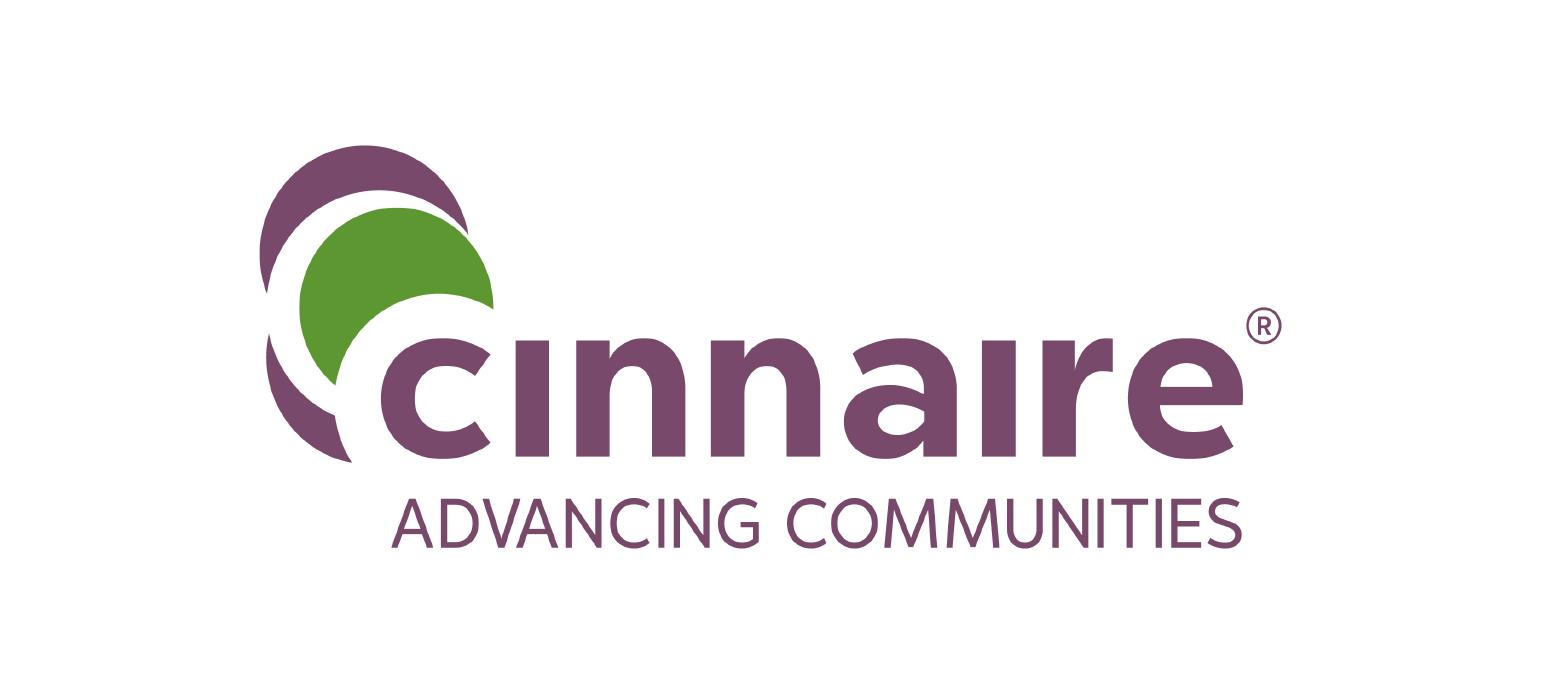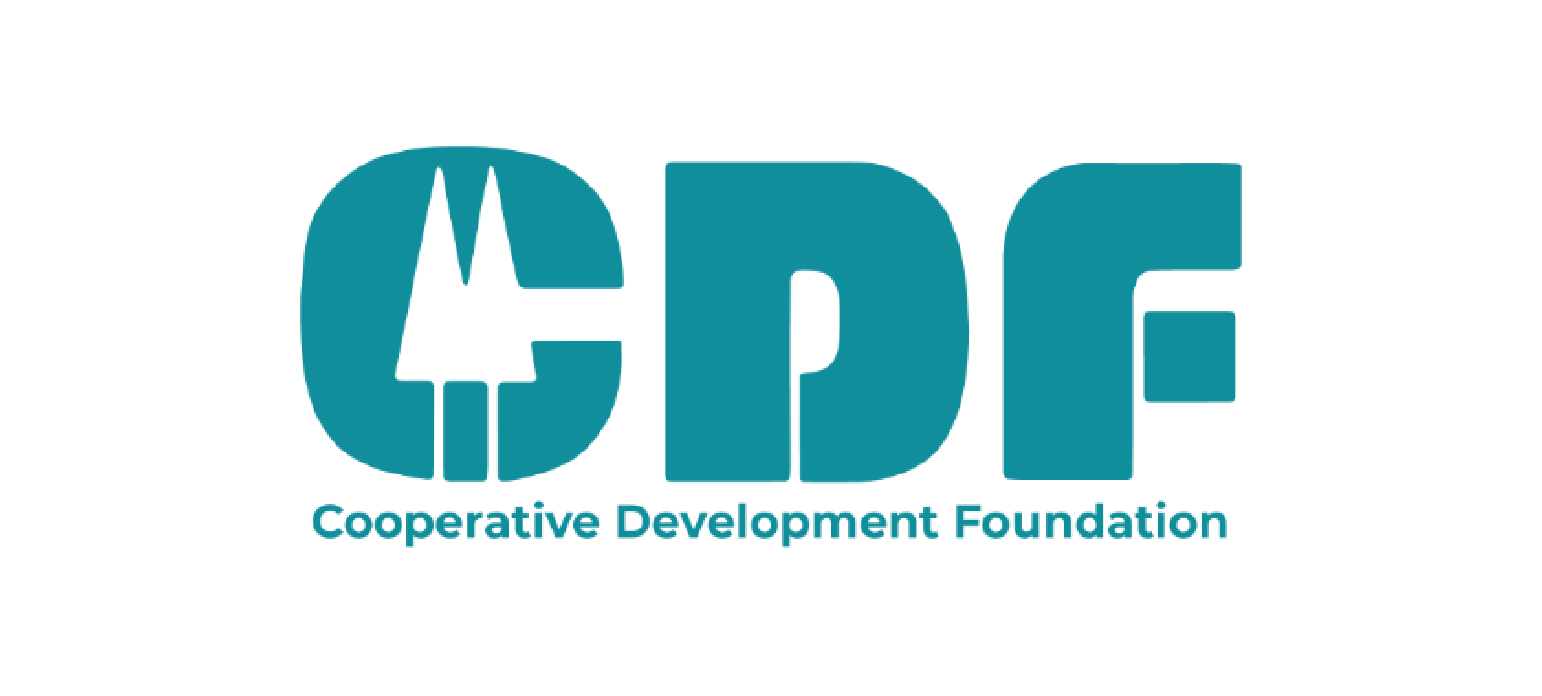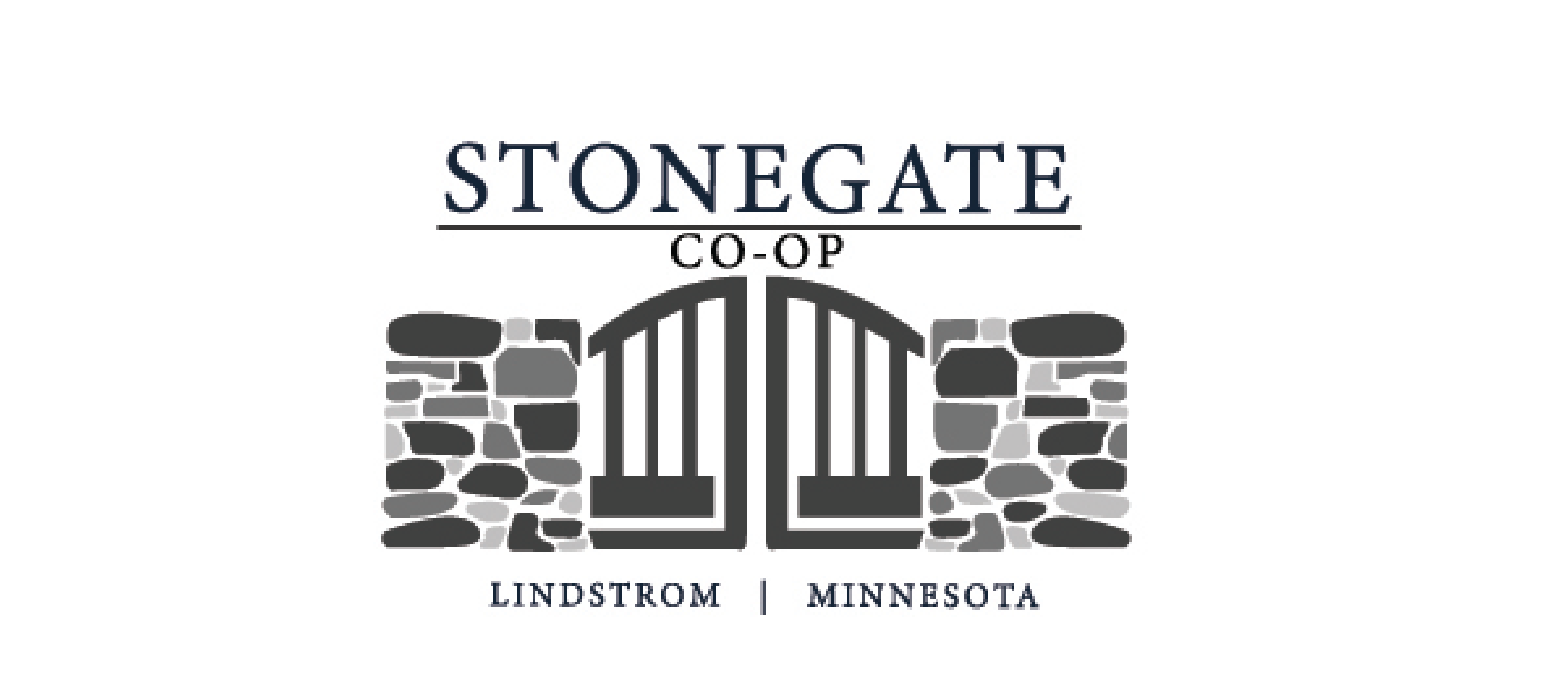Conference attendees collaborate in a World Cafe exercise at Common Ground 2018.
Author: Emily Stewart
The Common Ground Conference is an annual event NCF hosts for housing co-op leaders across Minnesota and Wisconsin. The conference is about coming together, building new relationships and learning from each other.
The conference ensures the ongoing success of the housing cooperatives we support as it provides leaders with access to timely, best-practice information related to the operation and governance of their communities. Most importantly, the event provides valuable networking opportunities for leaders who can feel isolated in their day-to-day work—especially considering the circumstances of the past year.
This year NCF has decided to once again offer all classes virtually in order to accommodate the remote structure many of our co-ops are still operating under and the busy schedules of our leaders.
Over the course of two weeks in early August, NCF will host seven unique discussions centering around topics chosen by residents; including infill, the fair housing act, board recruitment, marketing, and financial literacy. All sessions are completely free and available to all existing and emerging resident owned cooperatives in the NCF service area.
A few features we are excited to share:
Based on attendance for each community, all co-ops will be eligible to receive up to a $1,000 grant for marketing and outreach to their membership (made possible by our generous sponsors)
All attendees with receive a conference t-shirt in the mail (and travel coffee mug, if they attend 2+ sessions)
Residents can pick and choose the sessions that apply to their specific needs!
Registration opens on July 12th and can be found via the NCF homepage or the NCF Facebook page. For additional information or if you have any questions, please contact Emily Stewart at emily@northcountryfoundation.org
Event details: Wednesday, August 4th-13th, held entirely online. Tickets available on Eventbrite and Facebook.
